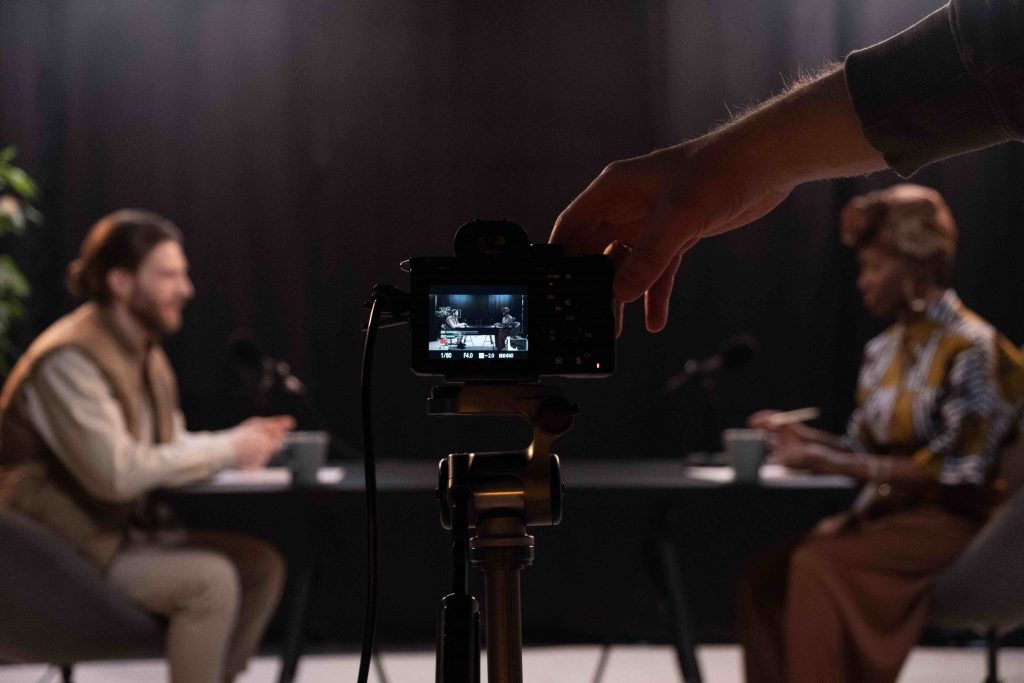Biographies give individuals an opportunity to capture the general and intimate details of a person’s life. A biography is not just a general collection of dates and events, but a fully-detailed collection of the highs and lows of a person’s life.
Biographies are not a preserve for celebrities or the rich and famous. Instead, they give ordinary people an opportunity to create a permanent and artistic literary piece about a person’s life.
When should you commission a biography?
You may commission a biography to preserve the memory of your loved ones who are aged or those who have recently passed. By collecting the information and data while the memories are still vivid, you get to create a comprehensive biography of this person’s life.

You may also commission a biography during a special occasion such as the 70th or 90th birthday, or at the end of a flourishing career. For example, to capture a beloved teacher’s professional life, the family may commission a biography as part of the retirement celebrations.
A biography may also be a memorable keepsake to celebrate an important milestone such as a silver or golden wedding anniversary. In such a case, the biography captures the journey of the marriage, with details about the joys and challenges experienced throughout the process.

The Process of Collecting Information for the Biography
When you are matched with the right biographer, the process of collecting data and information for the biography is straightforward. The biographer starts by setting up interviews with the subject to capture as much detail as possible.
During these interviews, the biographer asks critical questions that have shaped the person’s life story. For example, the person may be asked to share key events and how they have impacted their life. This includes challenging times that could have been a turning point in the person’s life trajectory. The biographer provides guiding questions that evoke deep thought and reflection from the interviewees.
To make sure every detail is captured accurately, the biographer will record the interviews and take notes where necessary. The interview process may take days or even weeks depending on the length of the biography.

Apart from filming interviews, the biographer may need other artifacts such as the subject’s journal or other written pieces. A personal journal may provide an important peek into a person’s private life, especially when documenting the life of a loved one who has passed.
Other important sources of information include photographs and videos of the subject. Documents such as school registration forms and letters to friends may also serve as important resources in the process of creating a biography.
Finally, the biographer may capture anecdotes from family, friends, or colleagues to include in the biography. These short accounts make the biography interesting by offering side notes or external perspectives about the subject’s life.

Capturing a person’s biography may take time and effort to record all the relevant memories, but it is not as complicated as we assume. Besides, the final product is a keepsake that outlines a person’s life story and can be passed down to many generations.
